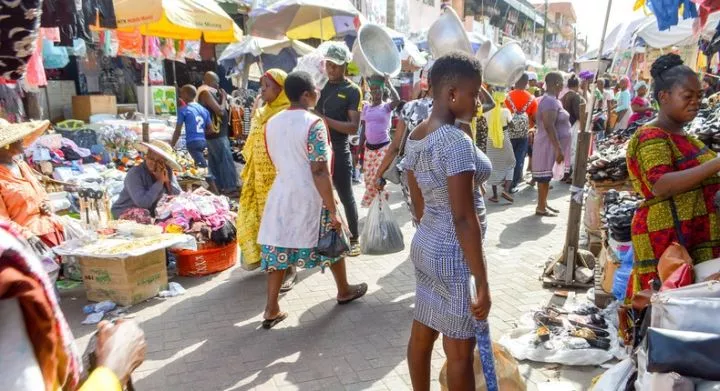
A recent report has ranked African countries based on the economic shocks they experienced in 2024.
The report - Economic Development in Africa 2024: Unlocking Africa's Trade Potential - Boosting Regional Markets and Reducing Risks of the United Nations Conference on Trade and Development (UNCTAD) is a comprehensive framework to help African countries analyze the nature of their own exposure to economic shocks, with a particular focus on trade and investment.
Economic shocks refer to sudden and significant disruptions to an economy, which can have a substantial impact on economic activity, growth, and stability of a nation.
These shocks can be internal or external and can affect various aspects of the economy, including output, employment, inflation, and financial markets.
According to Rebeca Grynspan, Secretary-General of UNCTAD, "African economies are persistently exposed to a range of external shocks due to commodity dependency, high levels of debt and limited technological infrastructure and connectivity."
Grynspan added that building resilience will allow the continent to reap the many opportunities offered by its future.
Economic shocks in African nations
According to the report, African economies have long faced external economic shocks, which have been widely analyzed in academic and policy literature.
Countries with significant trade-to-GDP ratios, concentrated exports, and substantial government debt remain particularly exposed to ongoing global economic instability.
The report noted that in 2023, 46% of African countries had debt-to-GDP ratios exceeding 60%. This comes amid various factors, including excessive borrowing, economic mismanagement, political instability, and reliance on volatile commodity exports.
The report identified nations most vulnerable to economic shocks due to trade dependency and high external debt which include Mozambique, Zambia, Angola, South Sudan, and the Republic of the Congo.
Structurally, many African countries rely heavily on the export of primary commodities such as oil, minerals, and agricultural products.
This dependence on a narrow range of exports makes their economies highly susceptible to fluctuations in global commodity prices.
For instance, a decline in oil prices can have devastating effects on the economies of oil-exporting countries like Nigeria and Angola.
Furthermore, the lack of economic diversification in many African countries means that they are often unable to withstand external shocks, as they lack alternative sectors to drive economic growth.
According to the UNCTAD report, the following countries recorded the most economic shocks, based on trade share, export concentration and external debt;
| 1 | Mozambique | 43.9 |
| 2 | Zambia | 33.6 |
| 3 | Angola | 33.6 |
| 4 | South Sudan | 33.6 |
| 5 | Congo | 33.3 |
| 6 | Libya | 32.6 |
| 7 | Cape Verde | 31.1 |
| 8 | Seychelles | 29.3 |
| 9 | Lesotho | 28.9 |
| 10 | Guinea-Bissau | 25.9 |


















Comments